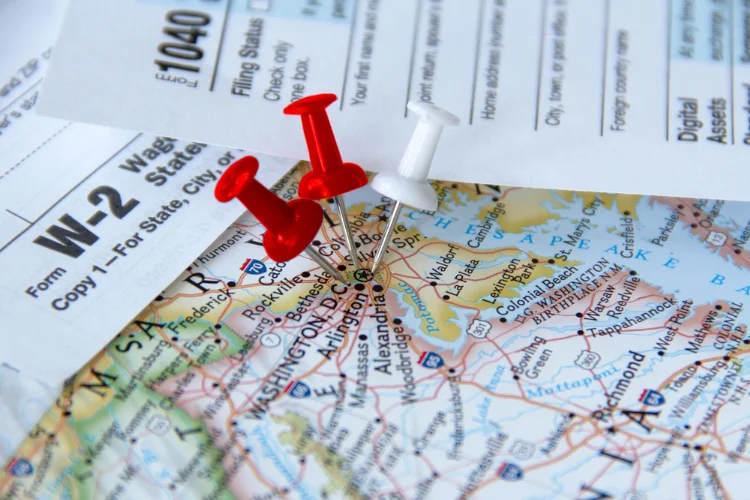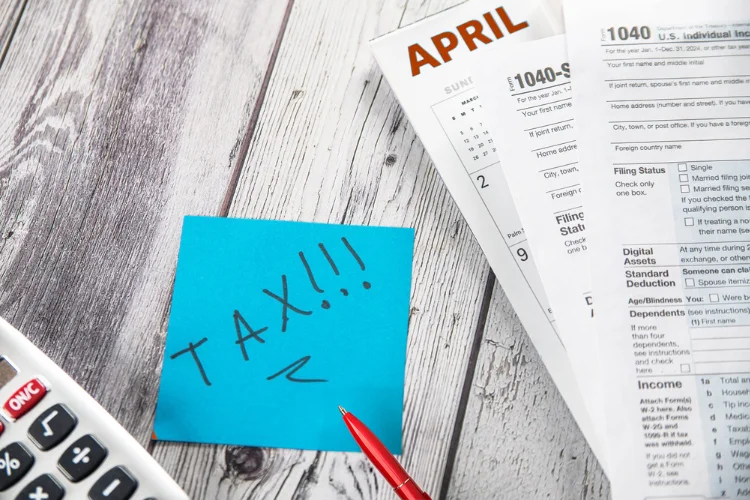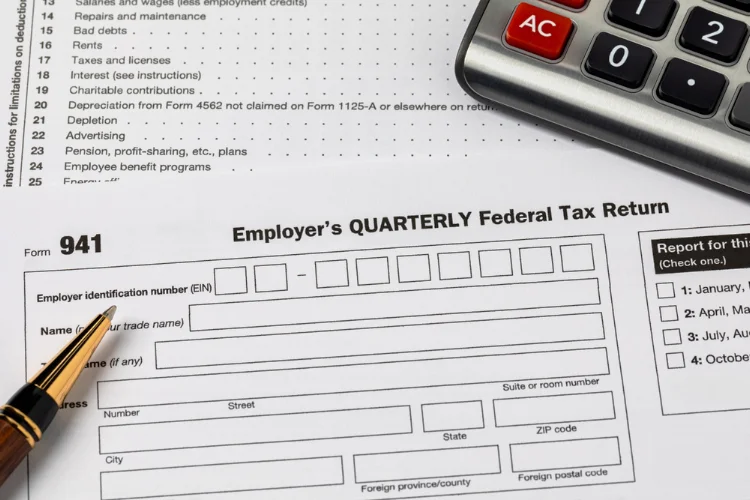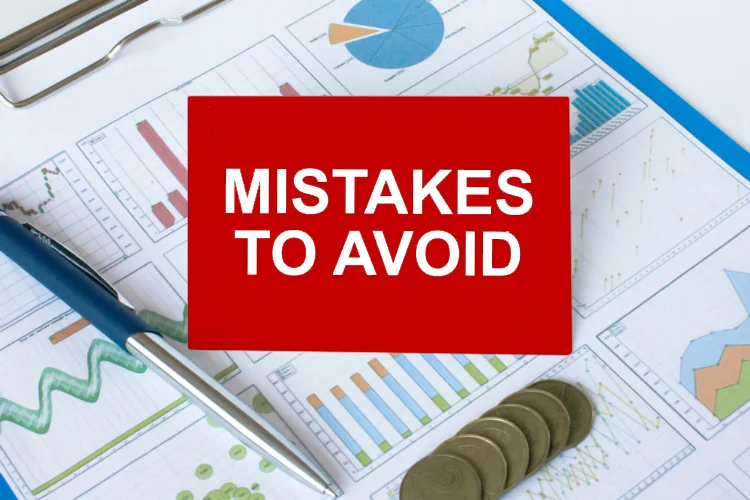Washington State Business Tax Filing: A 2025 Guide for Small Businesses
Updated time: Aug 04, 2025, 01:17 (UTC-08:00)
For entrepreneurs operating in the Evergreen State, Washington State business tax filing is a vital part of staying compliant, avoiding penalties, and maintaining financial health. While Washington doesn’t have a personal or corporate income tax, it does impose other types of taxes, especially the Business and Occupation (B&O) tax and sales tax that small businesses must navigate carefully.
If you’re unsure about filing quarterly taxes in Washington State, how to e-file Washington State business taxes, or when the last day to file taxes in Washington State is, this guide covers everything you need to know in 2025.
Overview: Taxes in Washington State
Unlike many other U.S. states, Washington does not levy personal or corporate income tax. Instead, businesses are taxed based on gross revenue through the Business & Occupation (B&O) tax. Other taxes may include:
- Sales and Use Tax
- Public Utility Tax
- Excise Taxes (In Washington, excise tax is a broad term covering B&O tax, sales/use tax, and other business taxes collected by the Department of Revenue.)
- Special industry taxes (e.g., lodging, fuel)
All tax administration is handled through the Washington Department of Revenue (DOR), and most businesses are required to file taxes quarterly or annually, depending on their revenue and structure.
Note: The standard B&O tax rate for “Service and Other Activities” is currently 1.75%; certain industries such as advanced computing or some professional services may face additional surcharges under Washington’s tax laws.

Taxes in Washington State
Understanding Washington State Small Business Tax Filing
For small business owners, understanding the basics of Washington State small business tax filing is essential. Whether you're a sole proprietor, LLC, or corporation, you are required to register with the Department of Revenue and report taxes regularly.
You must register for a business license and file business taxes if you:
- Engage in any business activity in Washington
- Sell products or services subject to B&O tax
- Collect sales tax on retail sales
- Have employees or payroll in Washington
Small businesses with low gross receipts may qualify for the Small Business B&O Tax Credit, which can reduce their tax liability to zero. However, they must still file a return, even if no tax is due.

Washington State Small Business Tax Filing
Types of Business Taxes in Washington State
1. B&O (Business & Occupation) Tax
The B&O tax applies to gross income, meaning you are taxed regardless of profits or losses. Rates vary based on business classification:
- Service & Other Activities: 1.5%
- Retailing: 0.471%
- Wholesaling: 0.484%
Some small businesses may qualify for the Small Business B&O Tax Credit, which reduces the total tax liability if your income is below a certain threshold.
2. Sales and Use Tax
If you sell physical goods or certain services, you must collect sales tax from customers and remit it to the state. Local tax rates vary by city or county, ranging from 6.5% to over 10%. In some locations, the combined sales tax rate exceeds 10.5%, such as parts of King County.
The use tax applies when you purchase items out-of-state without paying Washington sales tax but use them in Washington.
If you sell through online marketplaces like Amazon or Etsy, the platform may collect sales tax on your behalf under Washington’s Marketplace Facilitator laws. However, you’re still required to report gross receipts on your tax return.
Filing Quarterly Taxes in Washington State
Many businesses are required to file quarterly taxes depending on their revenue and industry.
Quarterly Filing Schedule (2025):
Quarter | Period Covered | Filing Due Date |
Q1 | Jan 1 – Mar 31 | April 30, 2025 |
Q2 | Apr 1 – Jun 30 | July 31, 2025 |
Q3 | Jul 1 – Sep 30 | October 31, 2025 |
Q4 | Oct 1 – Dec 31 | January 31, 2026 |
If your business is assigned a quarterly filing frequency by the Department of Revenue, you must file every three months, even if no business activity occurred.
Penalties start at $5 or 9% of the tax due, whichever is higher, and can increase to 29% if the return remains unpaid after 105 days.

Quarterly filing frequency by the Department of Revenue
E-File Washington State Business Taxes
The easiest and most efficient way to handle Washington State business tax filing is through the DOR’s secure online portal.
Steps to E-File:
- Log in to My DOR
- Navigate to “File a Return”
- Select your business and tax return period
- Report gross income for B&O tax
- Enter sales and use tax details (if applicable)
- Submit and pay online via EFT, debit, or credit card
The system will automatically calculate your tax liabilities and credits based on the information entered.
Benefits of E-Filing:
- Faster processing
- Immediate confirmation
- Automated tax rate calculations
- Easier access to previous filings
- Secure payment methods
If you prefer, you can also file by paper, but electronic filing is strongly encouraged and often required for larger businesses. Electronic filing is mandatory for businesses with annual gross income over $28,000, or for any business owing tax, unless exempted.
Last Day to File Taxes in Washington State
Missing tax deadlines can lead to interest charges, penalties, or loss of good standing. Here's a general guideline for remembering the last day to file taxes in Washington State:
- Annual Filers: Due January 31 for the previous tax year
- Quarterly Filers: Last day of the month following the quarter (April 30, July 31, October 31, January 31)
- Monthly Filers: Due on the 25th of the following month
Always confirm your assigned filing frequency through your My DOR account, as it can be updated based on revenue changes or business activity.
Common Mistakes in Washington Business Tax Filing (and How to Avoid Them)
Filing business taxes can feel overwhelming. Here are common pitfalls and how to sidestep them:
1. Not Reporting Zero Activity
Even if you had no sales or income, you’re still required to file a “No Business Activity” return if registered with the DOR.
2. Misclassifying Business Activity
Make sure you select the correct business classification for B&O tax. Different activities have different rates, and incorrect filing may result in penalties.
3. Missing Local Tax Rates
When collecting sales tax, always check the correct rate for the delivery location, not just your business address.
4. Filing Late
Always know the last day to file taxes in Washington State for your filing type. Set calendar reminders or sign up for DOR alerts.
5. Not Using My DOR
Manual filing increases the risk of errors. E-filing is more accurate and provides digital records for compliance.

Mistakes in Washington Business Tax Filing
Tips for Washington State Small Business Tax Filing
To simplify your tax filing experience, keep the following tips in mind:
- Register with DOR as soon as you start your business
- Keep detailed financial records using accounting software
- Separate business and personal expenses
- Use a bookkeeper or accountant familiar with Washington State tax law
- Set aside tax payments monthly, especially if you’re collecting sales tax
If you're uncertain about your responsibilities, the Washington Department of Revenue offers free workshops, webinars, and tutorials to guide small business owners through the process.
Final Thoughts: Filing Washington State Business Taxes Made Simple
Washington State business tax filing doesn’t have to be confusing. Once you understand the key responsibilities, especially filing quarterly taxes in Washington State, collecting and reporting sales tax, and taking advantage of e-filing, you’ll be well-equipped to keep your business compliant and focused on growth.
Always mark your calendar for the last day to file taxes in Washington State based on your assigned filing frequency, and don’t hesitate to consult with a tax professional or trusted service providers like One IBC USA if you're unsure about your obligations. This proactive approach will keep your business running smoothly and in full compliance with state regulations.
Blogs
View All
Guide to the Las Vegas Business License Application Process
The Las Vegas business license procedure is crucial to confirm that all businesses are in good standing and legal. Whether starting a new business, growing an existing business, or doing renewals, obtaining the proper business license in Las Vegas, Nevada, is essential.
Nov 09, 2025, 19:48 (UTC-08:00)

S Corp in Delaware: The Smart Way to Start Your Business
Turning an idea into a real company always feels like a big step. For many business owners, forming an S Corp in Delaware is where things start to take shape. Over the years, Delaware has built a solid reputation as one of the most business-friendly states in the U.S., with clear rules, quick processing, and a court system that truly understands how companies operate.
Nov 09, 2025, 18:28 (UTC-08:00)

Delaware Gross Receipts Tax Understanding
The Delaware gross receipts tax is a unique state tax that catches new business owners off guard. It's levied on businesses that earn money in Delaware and is based on gross receipts, not profit. That means even slim-margin businesses need to be careful about planning for it.
Nov 09, 2025, 20:21 (UTC-08:00)



